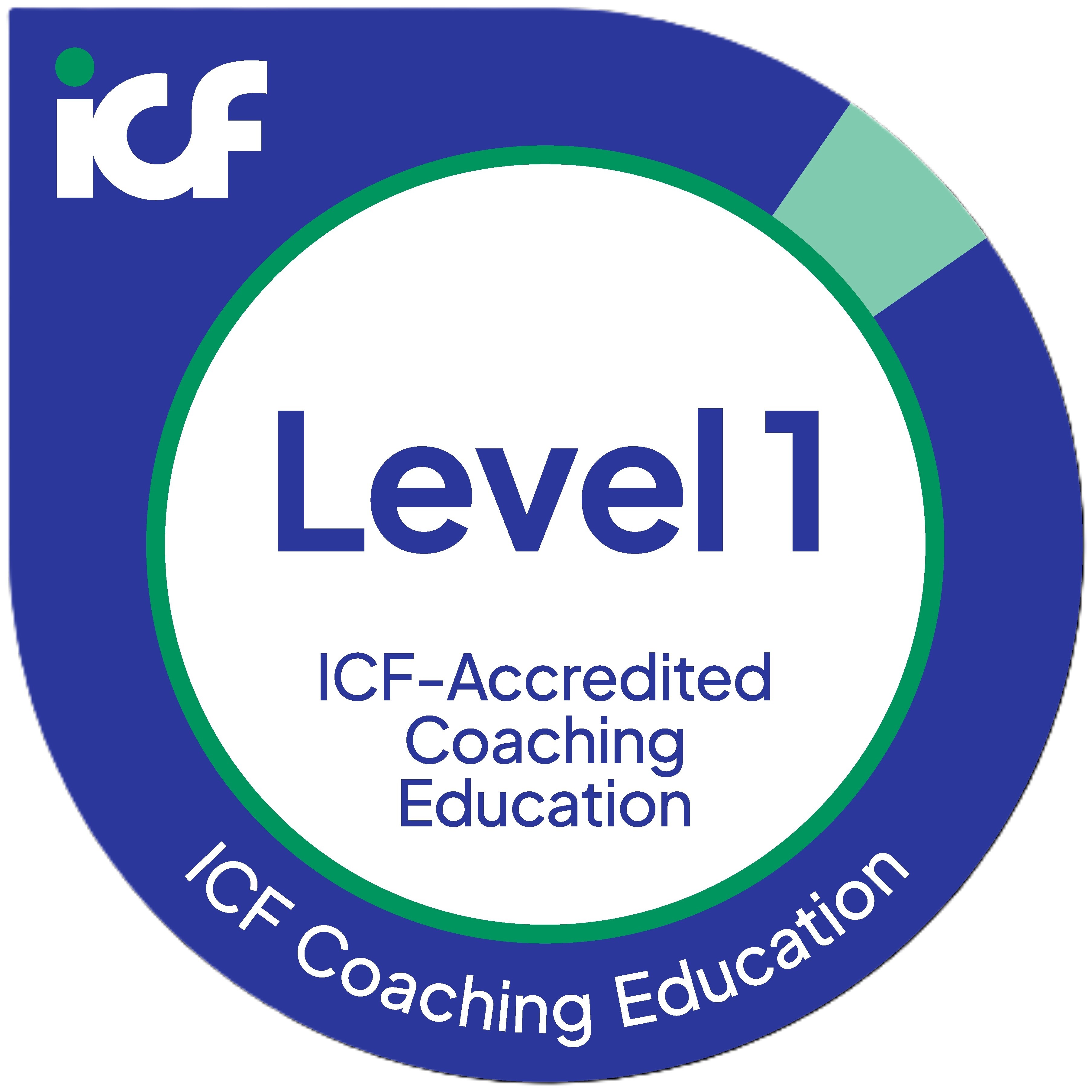
By: Kimberly Gleason
If only knowing how to coach was the name of the game. The business game, that is. Yet I’ve met many outstanding coaches who have had to walk away from their business, their beloved dream. Don’t be one of them.
Last month, in part 1 of this article, I gave you the first four of ten keys to building a thriving coaching business: 1) define success, 2) talk to successful coaches, 3) craft a business and marketing plan, and 4) identify your target audience and niche. Here are the final six.
5. Differentiate yourself. Too bad I’m already married. No, not because I don’t love my hubby, but because perhaps I would have hired the bride coach I mentioned earlier. Okay, probably not, though I bet she would have helped me realize that cooking my own reception ham until 3:00 in the morning the night before the wedding was a big no-no! The point is that I will never forget that coach. She was different. So you don’t want to be a bride coach. Fine. But what kind of coach do you want to be? How will you stand out from the rest? Are you an author, professor, a pastor in a former life? Do you use specific workbooks with your clients? Are you known as no-nonsense or friendly-to-a-fault? Do you stand on your head when coaching? Be unique. Be creative. But, of course, be you.
6. Take risk. The most successful business owners take calculated risks. They’re afraid of failure, just like everyone else, but they know that risk and trying new things is the key to personal and professional growth. Group coaching is still relatively new. I’ve only personally known one other coach to do it. But I thought it sounded like a fun and affordable way to offer my services. So I’ve created and facilitated three programs within the last two years. You bet I was scared. What if people don’t like it? What if I’m wasting my time? But I tried it anyway. And the results? Mostly good. And if learning counts for anything, well, my brain is about full now.
7. Create strategic alliances. I almost said “make,” but sometimes you just have to be imaginative and create ways to partner with others. For example, a life coach might propose a personal development workshop to a gym owner or health and wellness clinic. A business coach might partner with a business attorney. A group of executive coaches might host a leadership seminar together. A coach and a counselor might co-author a book. I challenge you to sift through your contacts and find twenty possible alliances. And let me know how it goes! I’d love to hear and steal, ahem, your ideas.
8. Add variety.Do you only offer coaching? Expand your services. Why not offer workshops, trainings, books, workbooks, and such to complement what you do? Do you have different price points? Different packages? I’ve moved away from monthly coaching packages (ex: two times per month) so I could design more customized 4, 6, and 12 month long programs. Programs with exciting names. When you offer 31 flavors to your prospects and clients, you’ll be able to up-sell and cross-sell your offerings. No more boring chocolate. No more single scoops. No, you’ll entice your prospects to drool over the possibilities. Cha-ching!
9. Measure, measure, measure.This goes back to principle number one—define what success means to you. Are you measuring along the way? How many daily, weekly, or monthly warm calls do you need to make? How many speaking engagements must you schedule? How many networking events should you attend? You might have an idea. But do you consistently measure whether or not you follow through on your business and marketing plan, as well as measure the results?
10. Adjust, adjust, adjust. Business owners must be flexible and adaptable. They must be willing to change, call it quits, erase, and start over. I’ve done it a thousand times. I’ll do it another thousand. Plan B? Ha! Try Plan Z. So if you find yourself in the pit of self-pity, or you’re confused and frustrated, I encourage you to pick yourself up, dust off the grime, and adjust. Maybe for you that means changing your niche, becoming an internal (versus external) coach, charging more (or less), discovering gaps in what your competitors offer, or designing a unique coaching program. But know this—the day you stop learning and changing is the day you die. Same goes for your business.

Kimberly Gleason, an ILCT student, is a Grand Rapids-based personal and executive leadership coach, business coach, career coach, author of over 80 newspaper and magazine articles, professional speaker, and trainer. She specializes in helping leaders and business owners to improve individual and team performance, effectiveness, engagement, retention, and results. You can find out more about her free e-books, blog, resources, presentations, and programs at www.kimberlygleasoncoaching.com.




